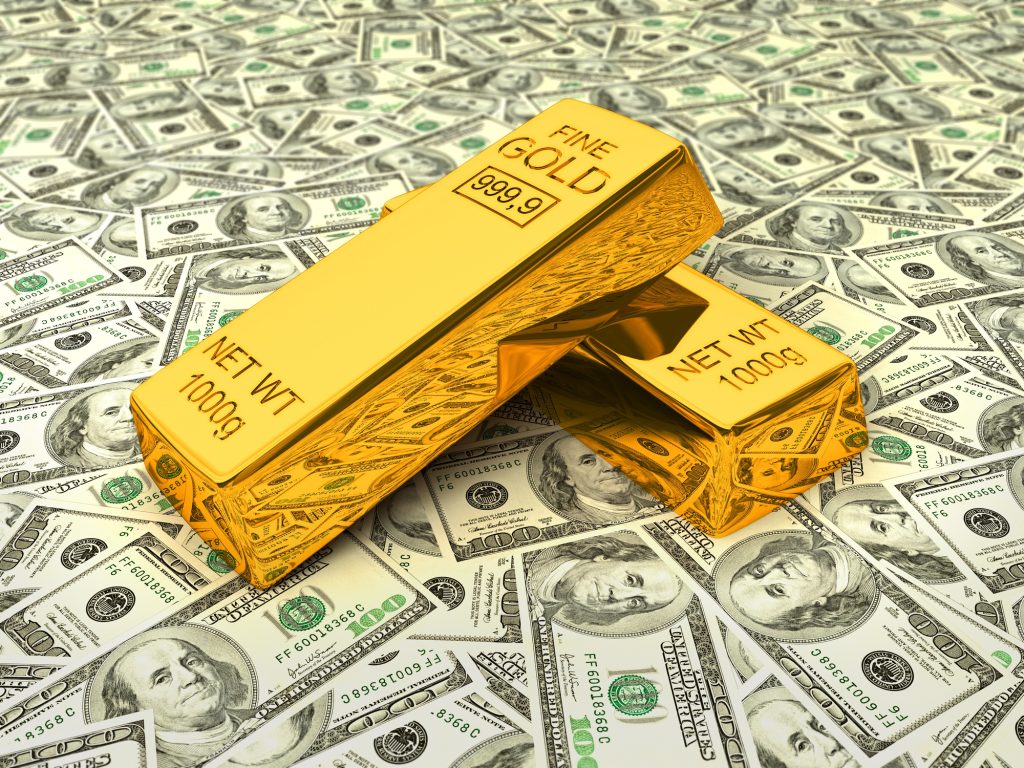It’s official. Starting October 1, 2012, Singapore will be the best place in the world to store gold.
As a major international financial center, Singapore is rapidly becoming THE place to invest and do business in Asia. Why? Because it’s just so easy. Regulation is minimal, corruption is among the lowest in the world, and the tax structure is very friendly to businesses and investors. With one exception.
Traditionally, physical gold and silver purchases in Singapore have been taxed at a 7% GST rate (like VAT, or a national sales tax). The only legitimate exception was purchasing (and subsequently storing) at the Freeport facility, adjacent to the main airport.
In just-released budget documents, however, the government of Singapore announced that it will begin waiving GST on purchases of investment grade gold, silver, and other precious metals effective October 1st.
This is huge… and it should really make Singapore the best place in the world to buy and store gold. Prices are already incredibly competitive, with ultra-low premiums and very reasonable storage costs.
The Cisco Certis secure storage facility, for example, is incredibly safe, insured, and open up to 14-hours per day. Annual charges for a box are as little as S$99 (roughly $75 USD).
Storing gold overseas is a smart strategy for anyone interested in international diversification, especially if you’re concerned about the potential for gold confiscation. Come October, Singapore will be the top place to go.
On to this week’s questions.
First, Chuck asks, “Simon, I travel a lot overseas… not as much as you do, but I get around. And one of the things I’ve noticed is that it can sometimes be difficult to buy certain things… predominantly electronic gadgets and the like. How is Chile in this regard? Can you typically find what you want?”
Absolutely.
In many places, finding creature comforts from home can be a big challenge. Many countries have high tariff regimes, are not open to free trade, and/or have ridiculously high excise and sales taxes that make imported goods cost prohibitive.
Technology is generally at the top of the list. What you would pay $1,000 for back home might cost 2 or 3 times as much overseas.
It’s different in Chile; this country has more free trade agreements than just about anywhere else on the planet; I’ve always been able to find the things that I want here, and the price I’ve paid is often the same, or less, than in North America.
For example, I recently purchased an entry-level Macbook for about $1000 (slightly less than what I would have paid in the US), a 40″ flatscreen LCD TV for $400, and a wireless router for less than $15.
I’ve also been able to find some interesting things that I haven’t seen anywhere else, at least in retail stores.
My new favorite toy is something called a UbiRock– it’s a vibration speaker that essentially turns any surface (a table, desk, wall, ceiling, etc.) into a premium quality speaker. Music sounds completely different… it’s like turning an entire room into natural surround sound.
You’ll also see all kinds of different mobile phones down here, as well as automobile makes and models that don’t exist anywhere else.
Next, Jonathan asks, “Simon, what’s your take on the prospect of war between Iran and Israel…?”
I don’t see how it doesn’t happen. If you had a neighbor who walked outside of his house each day screaming that he was going to kill your family and burn your house down, most people would eventually take a shovel to the guy’s face.
The regional friction never goes away. But as it’s now escalated to nuclear proportions, the probability of conflict is incredibly high. I’m glad I’m down here in the southern hemisphere.
Last, Katrina asks, “Simon, quick question; it seems like there’s so much noise on the Internet. Is there one particular website that you would recommend for staying abreast of financial and economic developments that isn’t part of the mainstream propaganda..?”
Without doubt, ZeroHedge.com. I read it every day as I find it to be the single best source of financial news– TV, print, or online, period.







